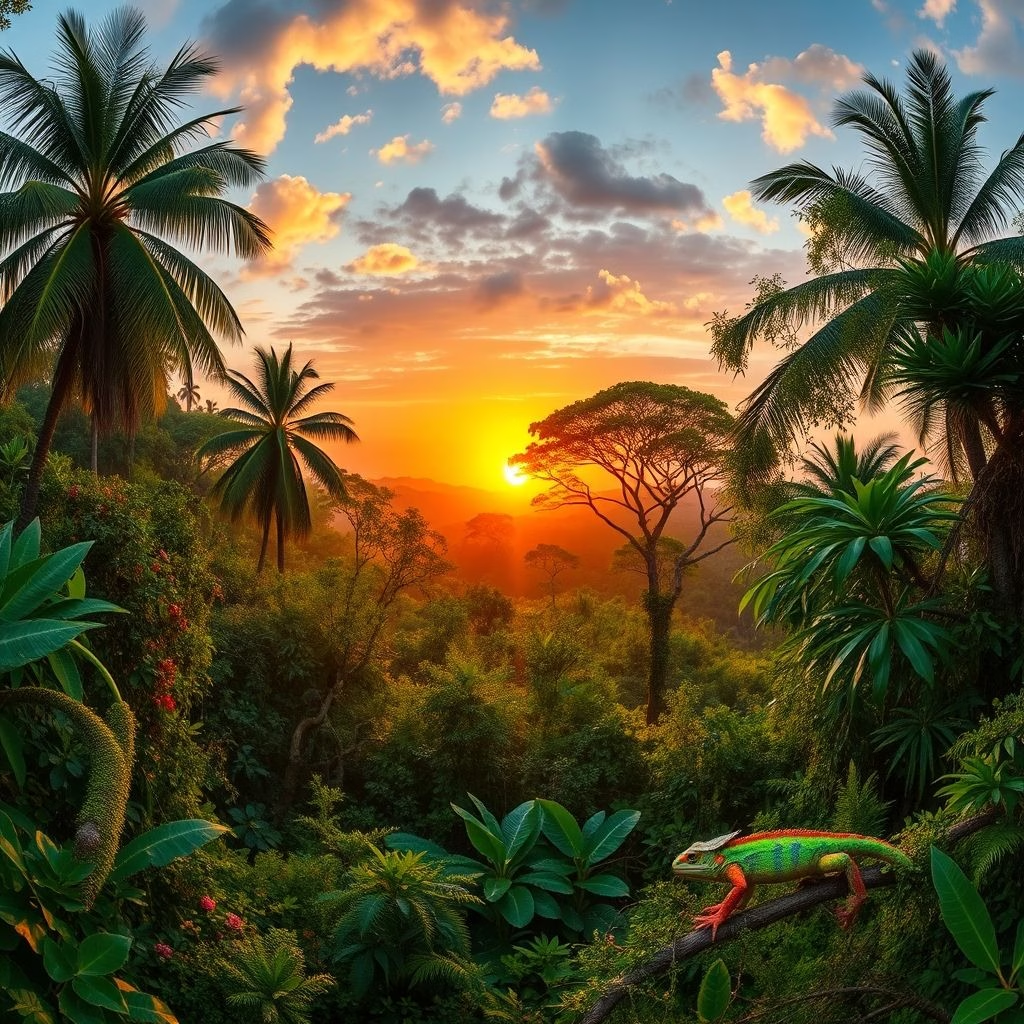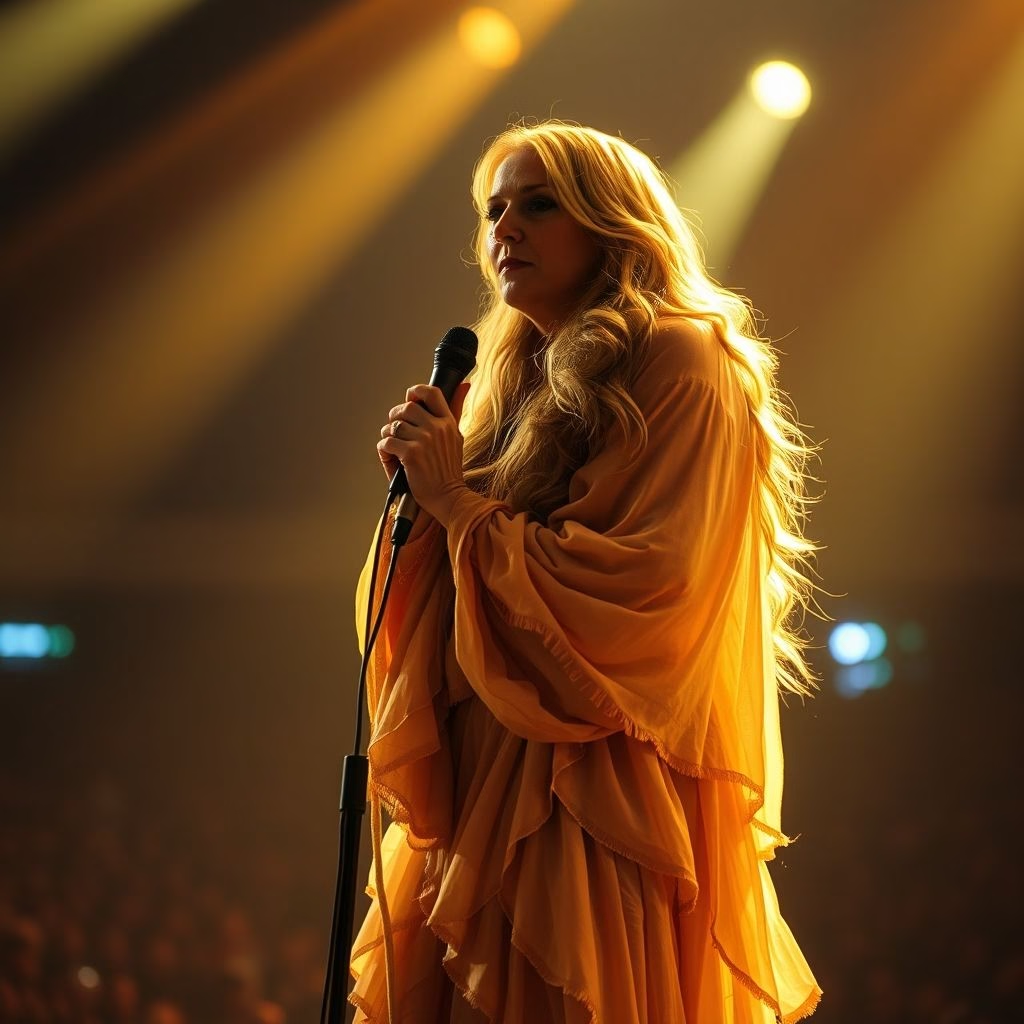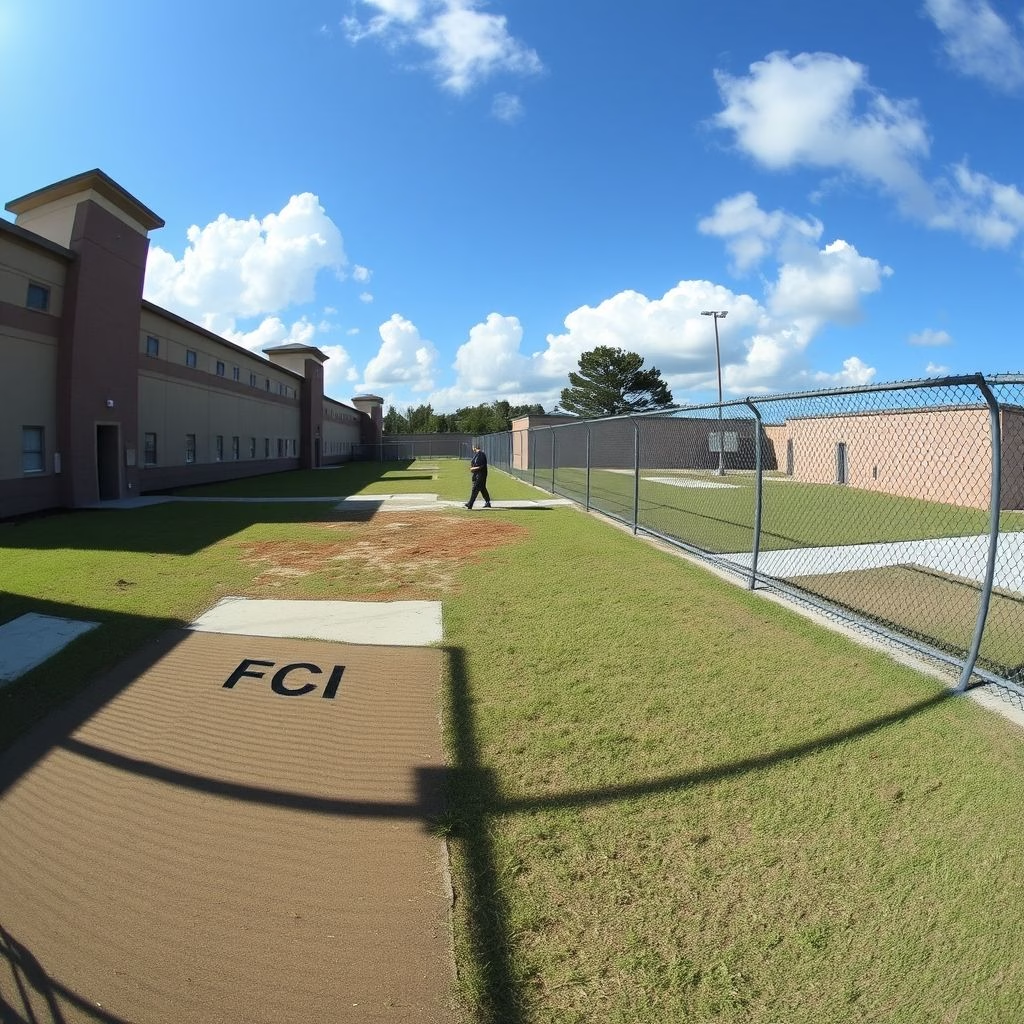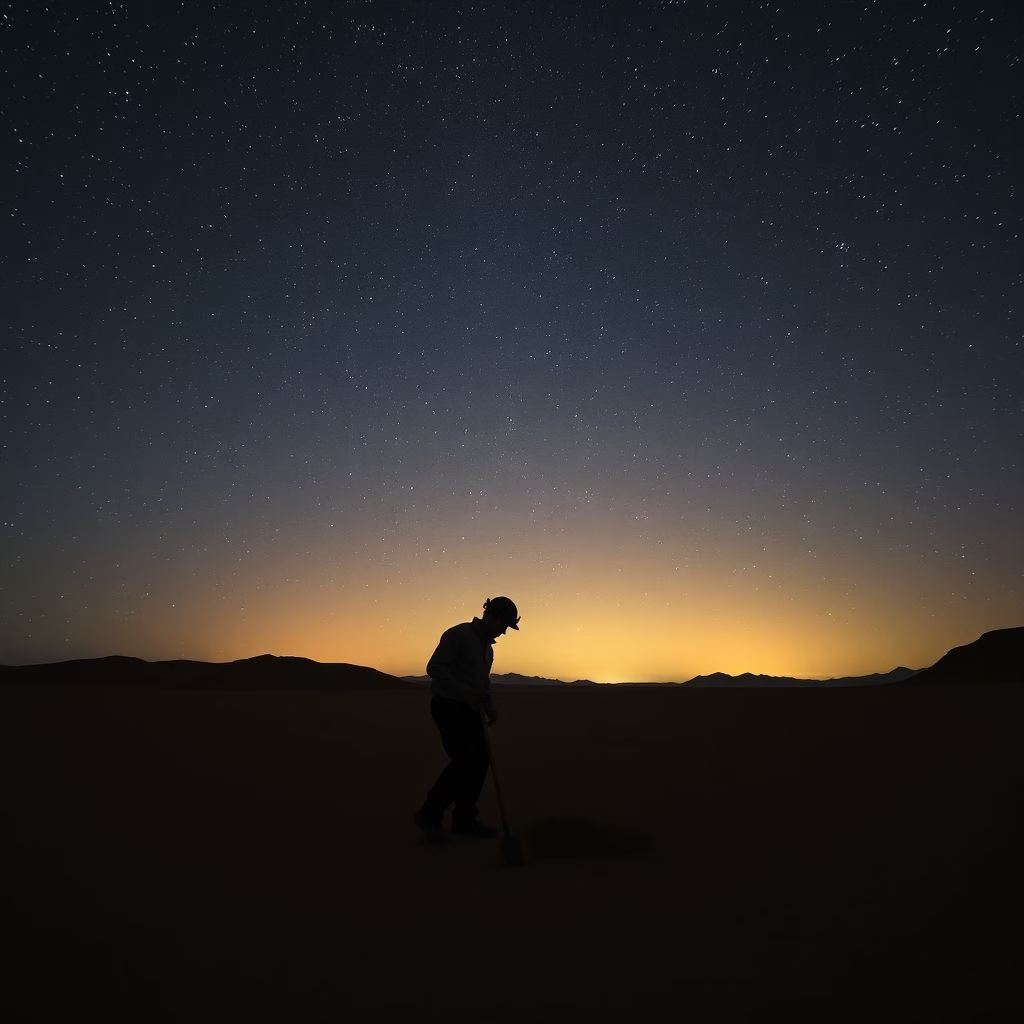Madagascar: A Biodiversity Hotspot with a Rich History

Discovering Madagascar: The Island of Wonders
Off the southeastern coast of Africa lies a land of extraordinary beauty and unique biodiversity: Madagascar. Officially known as the Republic of Madagascar, this island nation presents a captivating blend of natural wonders and historical complexities. As the world’s fourth-largest island and the second-largest island country, Madagascar holds a special place on the global stage, attracting scientists, adventurers, and travelers alike.
A Realm of Unmatched Biodiversity
One of Madagascar’s defining characteristics is its incredible biodiversity. Due to its long isolation, the island has become a hotspot for endemic wildlife. Over 90% of the island’s wildlife is found nowhere else on Earth. This remarkable level of endemism means that many plant and animal species have evolved in unique ways, creating a vibrant tapestry of life found only within Madagascar’s borders. From iconic lemurs to colorful chameleons, the island is a living laboratory of evolutionary marvels.
A Journey Through Time: From Austronesians to French Rule
The story of Madagascar is as fascinating as its wildlife. The island’s human history begins with the arrival of Austronesian peoples from Southeast Asia, who were the first to settle there. Later, Bantu groups from East Africa also migrated to the island, adding to the cultural mix. Over time, these diverse groups mingled and formed various kingdoms and societies. In the 19th century, these groups coalesced and were unified under the Kingdom of Madagascar. However, the kingdom’s independence was short-lived, as the French eventually annexed the island, making it a colony. Madagascar gained its independence in 1960.
Challenges and Hopes for the Future
Today, Madagascar operates as a constitutional democracy. However, the nation faces significant challenges. A substantial portion of the population experiences multidimensional poverty and struggles with food insecurity. Addressing these issues is crucial for improving the lives of Malagasy citizens and ensuring the long-term well-being of the nation. Efforts are being made to promote sustainable development, protect the environment, and foster economic growth.
Key Takeaways
- Madagascar is the world’s fourth-largest island and a biodiversity hotspot.
- Its unique isolation has fostered incredibly high levels of endemic wildlife.
- The island was initially settled by Austronesian peoples, followed by Bantu groups.
- Madagascar was a unified kingdom before becoming a French colony and gaining independence.
- A significant portion of the population faces multidimensional poverty and food insecurity.
Madagascar presents a remarkable case study in biodiversity, cultural evolution, and the complexities of post-colonial development. Its captivating landscapes, unique wildlife, and rich history make it a destination of unparalleled interest. While challenges remain, the spirit of Madagascar and its people continues to inspire hope for a brighter future.




